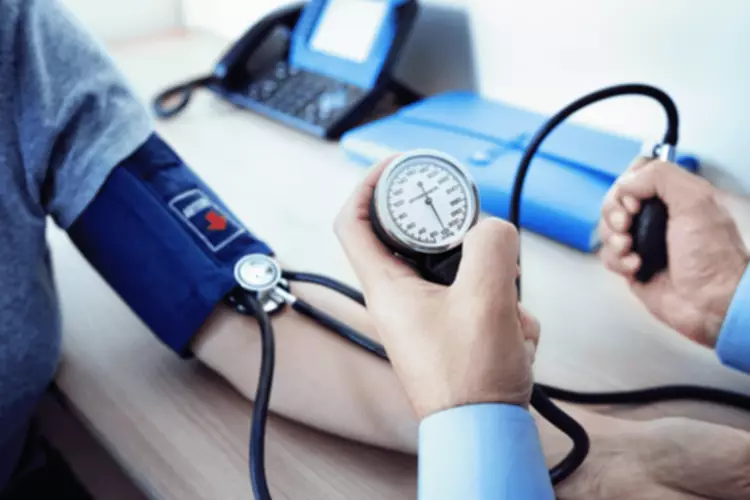
Most (6/10) of the drop-outs left the study because of practical reasons (e.g. time commitment of the study, reimbursement, transportation). The titration was accomplished in 2 weeks, so a 6-week trial should be adequate to evaluate medication response. In this study 30 subjects, including 37% women, were randomized to receive ptsd and alcohol abuse 16 mg of prazosin vs. placebo; 18 subjects were included in the 12-week study before it was re-designed. There are differences in retention rates both across conditions and study time frames; those in the 12-week study duration had better retention on placebo but the opposite was found in the 6-week study duration.
Online Therapy
Up to a third of those who survive traumatic accidents, illness, or disaster report drinking problems. Alcohol problems are more common for those who experience trauma if they have ongoing health problems or pain. SAMHSA’s mission is to lead public health and service delivery efforts that promote mental health, prevent substance misuse, and provide treatments and supports to foster recovery while ensuring equitable access and better outcomes.
Substance Misuse

We understand mental health challenges firsthand and support your pursuit of well-being with compassion. Whether it’s connecting you with the right therapist or supporting you through difficult times, we embrace you as part of our community. This is a critical component of treating PTSD and alcoholism because once a patient becomes sober, PTSD symptoms can seem to be much worse. Yet, the cessation of drinking is crucial for addressing PTSD symptoms; by doing so, the patient will be more successful in coping with both conditions in a healthy manner. Another factor to consider is that as alcohol use increases, there’s a reduced likelihood that someone with PTSD will recognize that they have PTSD, let alone seek treatment for their PTSD. Untreated, PTSD can become a severe, debilitating disorder that can have life-changing ramifications in terms of mental health, the stability of relationships, and the ability to work.
Substance Use and Co-Occurring PTSD
Non exposure-based integrated therapies have been more widely used in substance abuse community treatment programs, clearly indicating that clinicians see the necessity of addressing both SUDs and PTSD in the same treatment https://ecosoberhouse.com/ episode. However, treatment outcomes for both disorders have been modest at best and there is a need for improvement in treatment options. The 2023 NSDUH report includes selected estimates by race, ethnicity and age group.

Medications targeting PTSD
Military personnel and Veterans with co-occurring PTSD and addiction require treatment from providers that are skilled at treating both disorders. Additionally, American Addiction Centers (AAC) understands the specific challenges faced by military members and Veterans, and many of our treatment centers offer programming specifically tailored to the unique needs of Veterans and their families. Lee and colleagues investigate childhood stress as a predictor for PTSD and AUD in Early Life Stress as a Predictor of Co-Occurring Alcohol Use Disorder and Post-Traumatic Stress Disorder. They review both human and preclinical models of these disorders and examine potential biologic, genetic, and epigenetic mechanisms. In Functional and Psychiatric Correlates of Comorbid Post-Traumatic Stress Disorder and Alcohol Use Disorder, Straus and colleagues present the DSM-5 definitions for PTSD and AUD and discuss models for functional relationships between the disorders. They also examine risk factors and their associations with co-occurring disorders.

Cognitive behavioral conjoint therapy
- If you address your drinking while still avoiding a traumatic past, you are unlikely to have much success.
- According to the National Center for PTSD, as many as three-quarters of people who have experienced violent abuse or assault report having issues with drinking later.
- There was a significant decrease over time in PTSD symptoms for all subjects as a group (significant effect of time), but no medication effect between the paroxetine and desipramine treated subjects.
- Although non exposure-based treatments offer some PTSD symptom reduction, exposure-based treatments including both in vivo and imaginal exposure techniques may offer greater symptom reduction.
- Women are also more likely to experience a number of deeply impactful traumatic events such as rape and sexual abuse and often turn to alcohol to cope.
- Nearly a third of people who have gone through serious accidents, illnesses, or natural disasters develop drinking problems.
- Nearly 32% of adolescents aged 12 to 17—8.3 million people—received treatment in the past year, an increase of 500,000 from the previous year.
- Data from the Ralevski et al., (2016) paper demonstrate the powerful effects that trauma reminders have on craving and alcohol consumption and, therefore, treatment needs to address both the AUD and PTSD symptoms.
- There was weak evidence to support the use of medications to treat AUD among those with comorbidity with PTSD.
